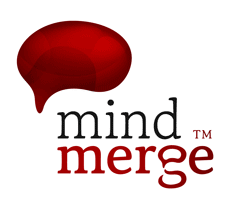Managing conflict & Power of Positive Attitude
About This Course
Wherever two or more people come together, there is bound to be conflict. This course will give participants a seven-step conflict resolution process that they can use and modify to resolve conflict disputes of any size. Participants will also be provided a set of skills in solution building and finding common ground. In the Conflict Resolution workshop, participants will learn crucial conflict management skills, including dealing with anger and using the Agreement frame.
Managing Conflict: An introduction to Conflict Resolution:
1. What is conflict?
2. What is Conflict resolution.
3. Understanding the conflict Resolution process & Case study.
– Conflict Resolution Styles with the Thomas-Kilmann Instrument: Collaborating, Competing, Compromising, Accomodating.
– Creating an effective atmosphere:
1. Neutralizing emotions.
2. Setting ground rules.
3. Choosing the Time & Place.
– Creating a mutual understanding:
1. What do i want?
2. What do they want?
3. What do we want?
– Focusing on individual and shared needs:
1. Finding common ground.
2. Building positive energy and goodwill.
3. Strengthening your partnership.
– Getting to the root cause:
1. Examining root causes.
2. Creating a cause and effect diagram.
3. The importance of forgiveness.
– Generating options:
1. Generate, Don’t Evaluate.
2. Creating mutual gain options and multiple option solutions.
3. Digging deeper into your options.
– Building a solution:
1. Creating criteria
2. Creating a shortlist.
3. Choosing a solution.
4. Building a plan.
5. Case Study. Power of positive attitude:
– The impact of attitude:
1. Attitude is everything.
2. The origins of attitude
3. the formation of attitudes
. – Adding value to your organization:
1.The relationship between attitude & creativity.
2. Intelligence versus creativity.
– How to change your attitude:
1. typical human reactions
2. The science of how we react.
3. The 7 Steps approach to changing attitudes.
– Overview of the DiSC behavioral tool.
– Factors effecting attitude.
– Empathy as a fundamental trait.
Learning Objectives
Requirements
- No prerequisite required






